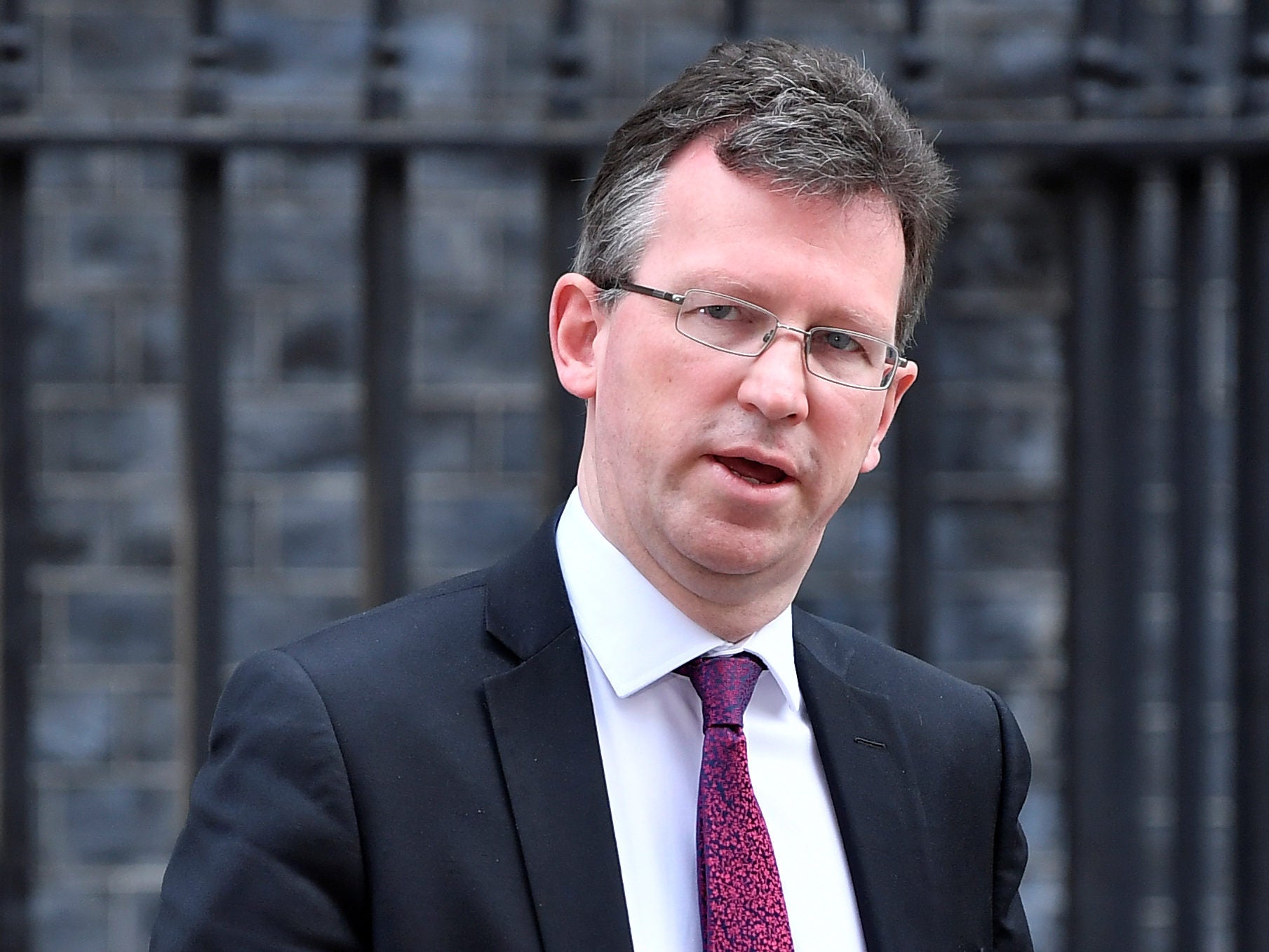
Culture Secretary Jeremy Wright is set to urge public service broadcasters to do more to gain public trust by focusing on high-quality journalism amid a global battle against widespread disinformation.
Wright, who started as Culture Secretary in July during the latest cabinet reshuffle, will celebrate the ability of public service broadcasters in the UK to provide quality news that people trust, but challenge them to go further.
He will tell the Royal Television Society conference in London today that the sustainability of established and trusted media outlets is vital to tackle fake news.
The Reuters Institute Digital News Report 2018, published in June, showed BBC News, ITV News and Channel 4 News topped the brand trust scores, above regional and local newspapers, the Times, Sky News and other national print and online newsbrands.
Trust in news in the UK has remained stable from last year – 42 per cent (down from 43 per cent in 2017) said they trust news overall, 54 per cent trust the news they use, 23 per cent trust the news they see in search, and 12 per cent trust the news they see in their social feeds.
Wright will therefore urge the BBC and other public service broadcasters to maintain their high quality journalism, target younger audiences and increase diversity both on-screen and behind the cameras.
Wright is expected to say: “High quality journalism is the best possible weapon in our battle against disinformation, so the sustainability of our media is something that should concern us all.
“So today I am asking our public service broadcasters to go further by doing more to build trust in the accuracy of news through high quality journalism and reporting.
“I want to see them doing more to reach a diverse and younger audience, exploring innovative ways to reach the public and providing opportunities for under-represented groups both on and off screen.
“In exchange, the Government is committed to supporting the PSBs to ensure they continue to thrive, and stay prominent, as part of a healthy, sustainable and dynamic media landscape.
“A strong media means a strong democracy and a strong nation. And we cannot be complacent. Those sowing discord want to undermine this trust and the institutions upon which our liberal democracy relies. Trust is a precious commodity and bolstering it is vital to our future.”
Wright will use the example of Russia’s “blatant” disinformation in the wake of the Salisbury nerve agent attack as he says there is an “ever growing need” to keep a watchful eye over the media landscape.
He is expected to say: “Following the Salisbury incident, Russia has begun a blatant disinformation campaign with misleading procedural questions and over 40 different official narratives – all false.
“Many of these were carried and promoted on Kremlin-backed media. Russia Today, funded by the Russian state, is a major concern.”
Broadcast regulator Ofcom is currently carrying out ten investigations into the impartiality of RT’s news and current affairs programmes.
Ofcom said in April it had noted a “significant increase” in the number of RT programmes warranting concern since the poisoning of ex-Russian spy Sergei Skripal and his daughter Yulia in Salisbury on 4 March.
It began monitoring the RT service “intensively” and subsequently opened seven investigations into the channel on 18 April, launching a further three probes on 21 May.
Wright will add: “I welcome these investigations and I await their conclusions with great interest.”
Also speaking at the conference today is BBC director-general Tony Hall, who will set out the corporation’s plan to “help counter the global democratic deficit” and push back against fake news.
“The plague of disinformation and fake news needs to be challenged not just in the UK, but globally,” Lord Hall will say.
“We need a strong BBC to push against fake news and hold those who produce it – at home and abroad – to account. BBC News is trusted across the globe. Sustaining and building on this has to be a priority for our country.”
Picture: Reuters/Toby Melville
Email pged@pressgazette.co.uk to point out mistakes, provide story tips or send in a letter for publication on our "Letters Page" blog
